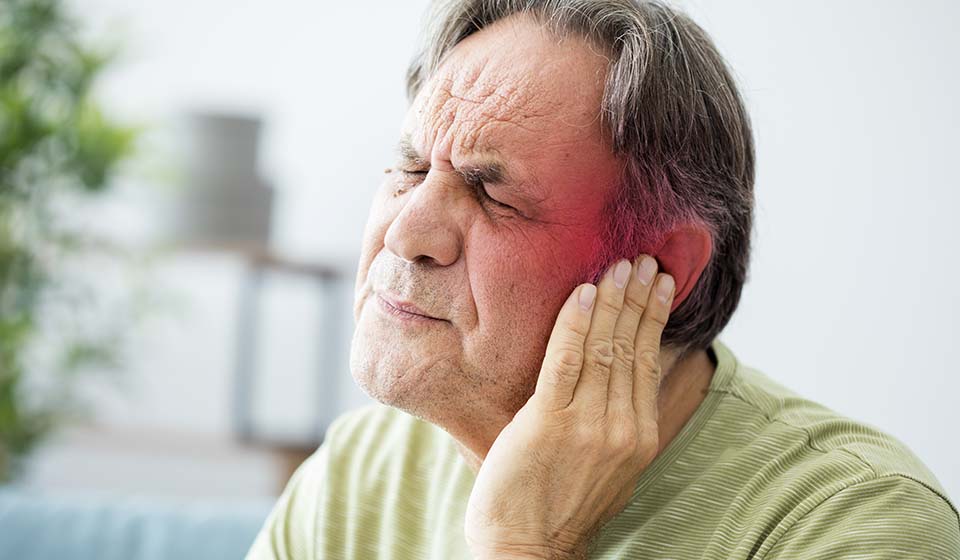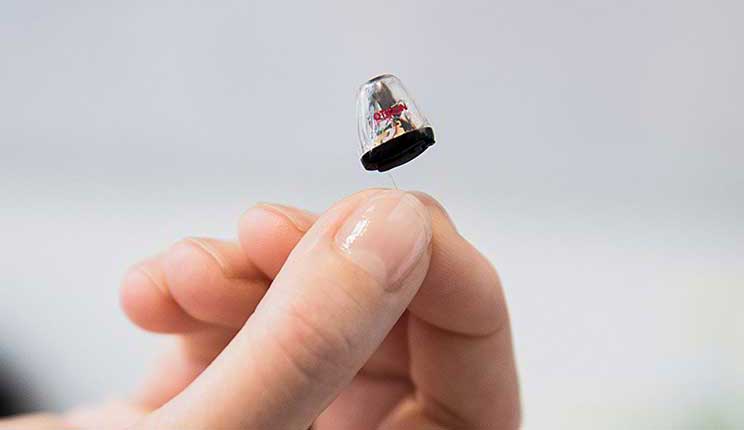1. Understanding Tinnitus: What You Should Know About The Condition
According to our 2017 online survey on Tinnitus conducted by Empathy Research around 18% of the population in Ireland will suffer from tinnitus at some stage in their lives. Tinnitus is characterised by a ringing, buzzing or humming sound in the ears, and can be frustrating and even debilitating. Sometimes, people with tinnitus describe it as a rushing or swishing sound, like the sound of water running, or a pinging or popping sound in the ears.
Tinnitus may cause continuous noises in the ears, or may come and go in episodes. Either form of tinnitus can be very difficult to live with, and it is important to see an audiologist as soon as possible so that treatment options can be explored. Although there is no definitive cure for tinnitus in most cases, many therapies can be helpful and an audiologist can help you to find out more about these.
Tinnitus can occur in one or both ears, or even inside the head. It is usually subjective, where the sufferer is the only one hearing the sounds in the ears or head, but in rare cases it may be objective, which means that the noises, which are produced by movement and blood flow in the body, are also audible to others.
Speaking out about tinnitus can be very helpful as it enables others to understand the condition. You can help to spread awareness by explaining how the condition affects you and what helps to make life easier for you. You will find that most people will be very happy to help in any way that they can.







.jpg?rev=963b73ac87094d7ba282490ac1725d41)
